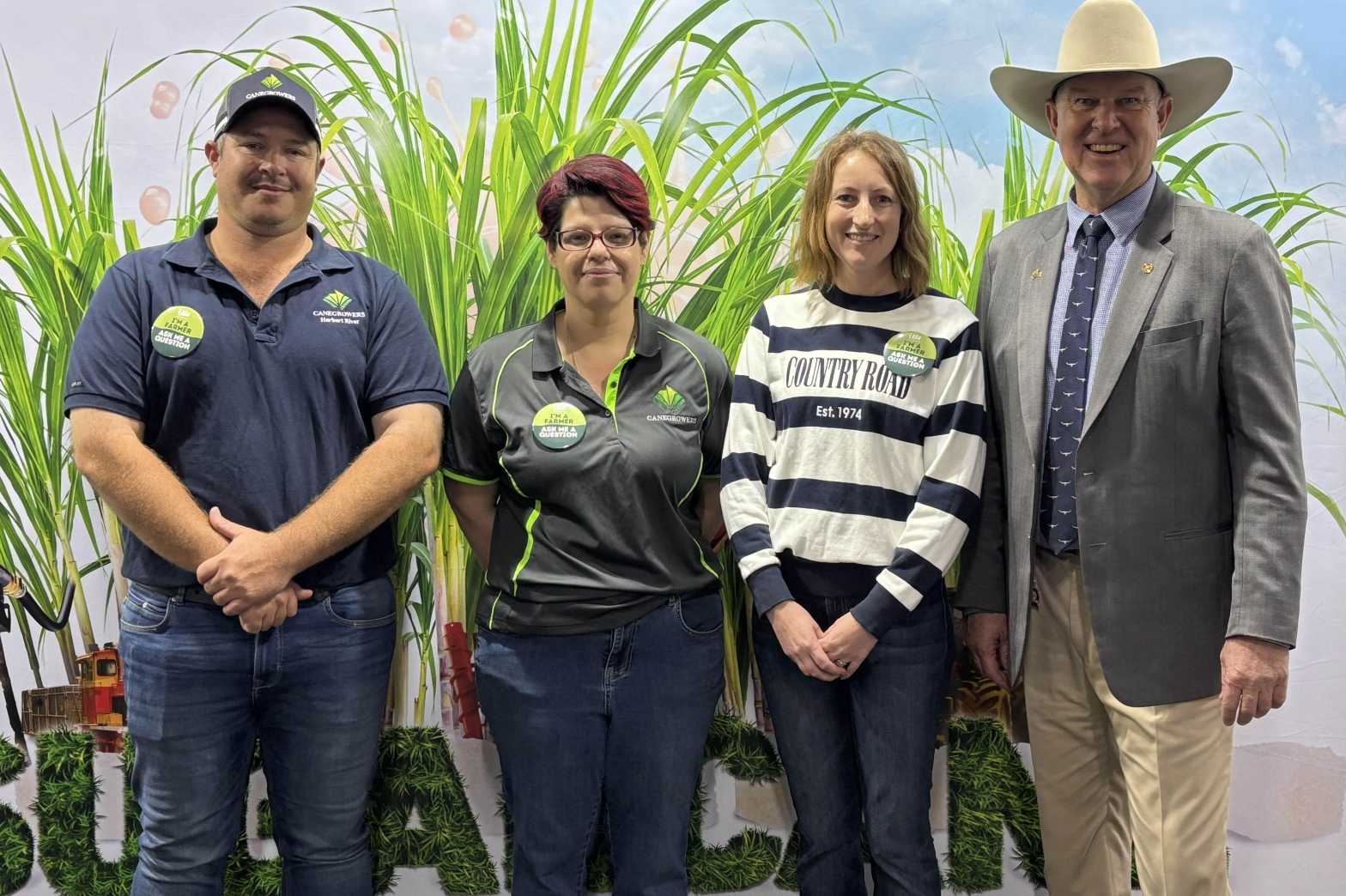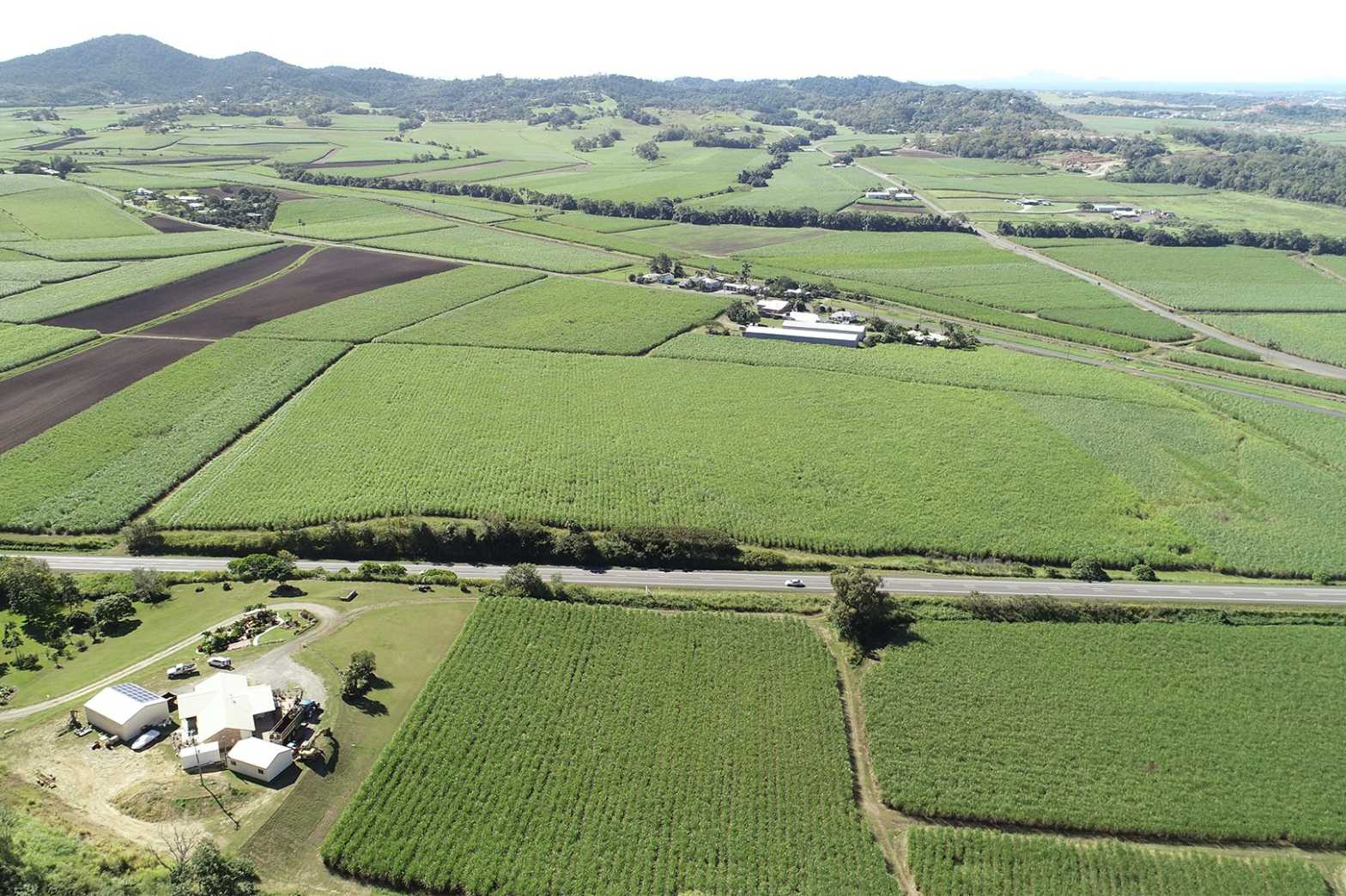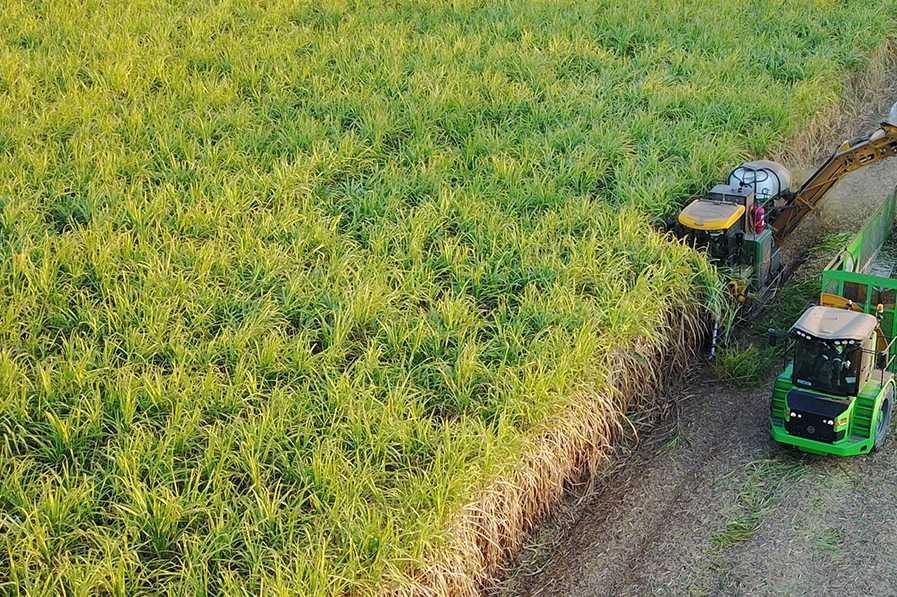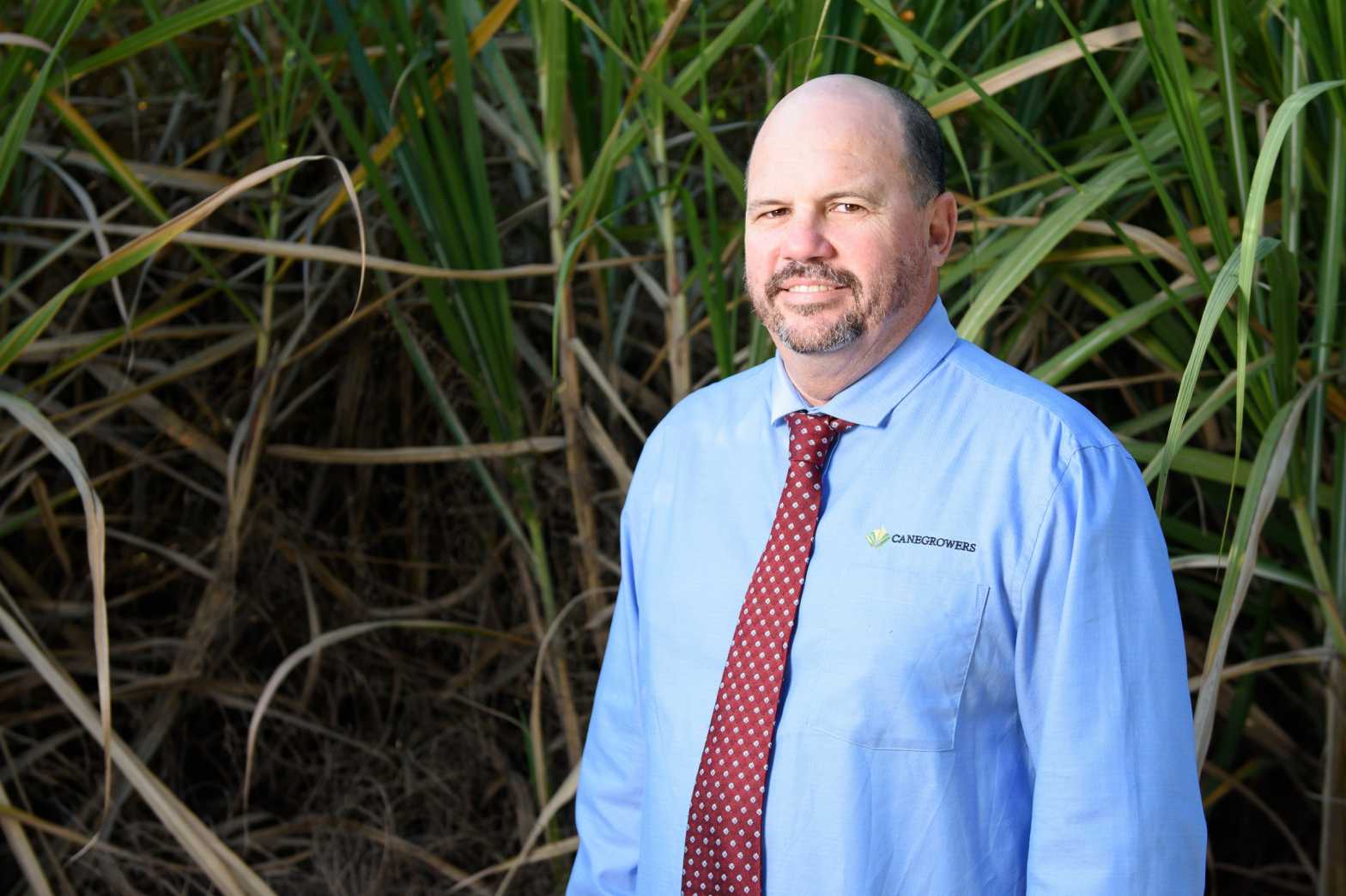Footage of ‘rafts’ of Red Imported Fire Ants being swept along by floodwaters in the Rocky Point district and news reports of a nest being discovered near Wardell, 100 kms south of the Queensland border, has left the general public considering something they don’t often think about – biosecurity.
For farmers, biosecurity is always front of mind. After all, outbreaks of invasive pests, weeds or diseases can potentially cost growers thousands, sometimes tens of thousands, of dollars.
We are often on the frontline of biosecurity breaches that can put our farms, livelihoods, and even our industry at risk.
That’s why growers across all ag sectors pay significant sums through their annual levies to fund industry and farm-based biosecurity protection measures.
However, when it comes to the Federal Government’s proposed biosecurity levy on farmers, we’re saying enough is enough.
What the government is proposing is not what we traditionally understand as a levy, where those contributing have some sort of oversight of how that money is spent.
Instead, funds from this new levy would disappear into a blackhole in Canberra where we would have no idea how or where they are used by the government. That’s not a levy, that’s a tax.
And what’s worse, it’s a tax on the wrong people.
We agree the government needs to pump additional funds and resources into boosting biosecurity measures, but they should firstly look to the cause of many of our biosecurity breaches – importers and shipping companies – not to the farmers whose businesses are threatened by such breaches.
However, it’s not just the Federal Government that needs to reevaluate its approach to biosecurity. At the local level many of our councils need to step up and make biosecurity a priority.
The most effective efforts for controlling weeds and pest animals are generated locally. This is why every local government needs to be driving for greater success in pest management.
Local governments need to ensure their biosecurity plans are current and have identified the highest priority pests, with input from farmers.
Clearly to do this Councils need adequate resources and support to allow them to be the powerful coordinator of biosecurity surveillance and response.
Many growers feel like we are losing the battle with priority pests such as feral pigs, rats, and fire ants and that local government should be empowered to do more to work with land managers to turn this situation around.
In the lead up to elections in March, CANEGROWERS will be calling on local governments to commit to more collective and well-coordinated efforts that will reduce damage to crops and wildlife habitat.
This would be a win-win for the whole community.




